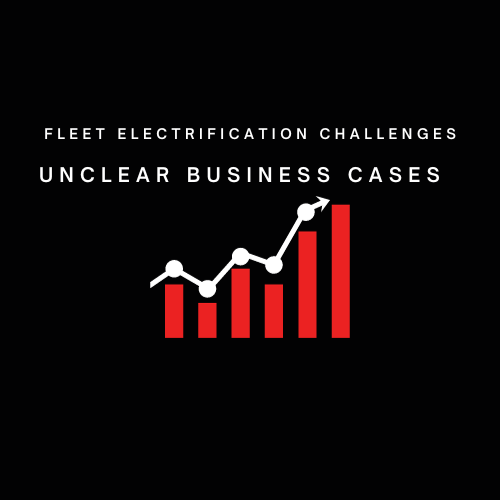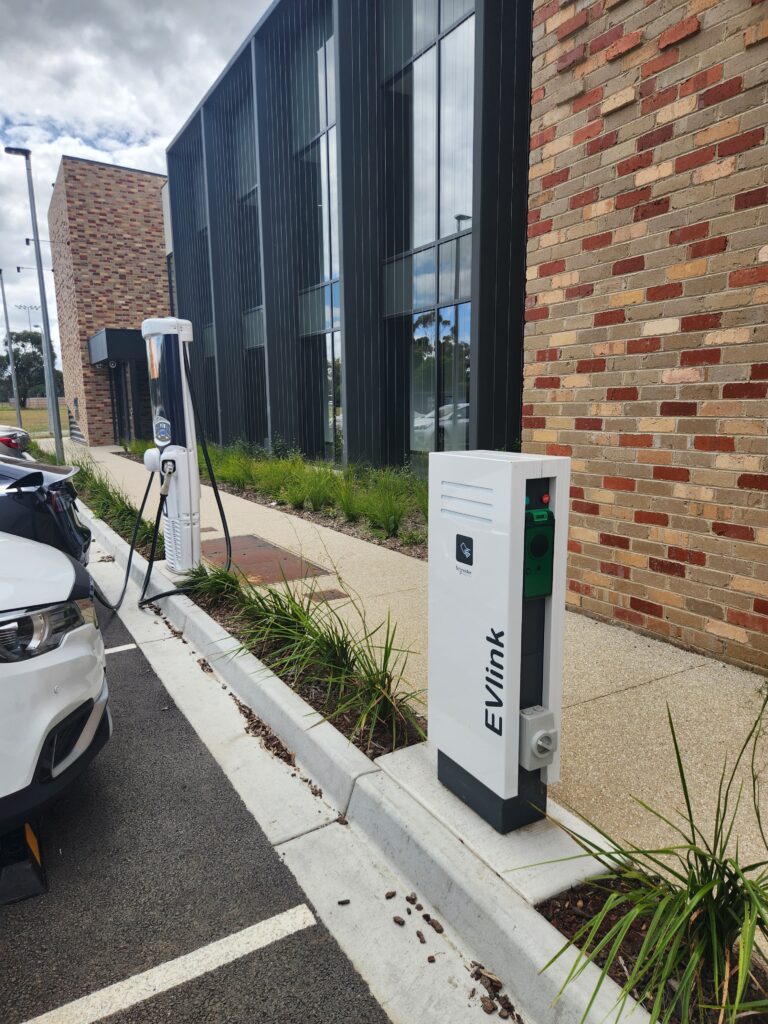High Upfront Costs and Unclear Business Cases for Fleet Transition to Electric Vehicles

January 31, 2024
The push for sustainability and environmental consciousness has driven many businesses to consider transitioning their fleets from traditional combustion engine vehicles to electric vehicles (EVs). While the benefits of EVs, such as reduced carbon emissions and lower operational costs, are well-documented, the high upfront costs and an unclear business case pose significant challenges for fleet managers.
High Upfront Costs
One of the primary barriers to the widespread adoption of electric vehicles in fleet management is the substantial upfront cost. Electric vehicles typically come with a higher purchase price compared to their gasoline or diesel counterparts. This initial investment includes the cost of advanced battery technology, electric drivetrains, and other specialized components.
For fleet managers operating on tight budgets, the prospect of investing in an entire electric fleet can be daunting. While there are government incentives and subsidies available to offset some of these costs, they often fall short of making the transition financially viable for many businesses, particularly smaller enterprises.
Unclear Return on Investment (ROI):
The transition to electric vehicles requires a careful assessment of the return on investment, which, in many cases, remains unclear. Unlike traditional vehicles where fuel costs are a significant operational expense, EVs have lower fueling costs but higher upfront costs. Fleet managers must carefully evaluate the total cost of ownership, factoring in charging infrastructure, maintenance, and potential resale value.
Additionally, the rapid evolution of battery technology raises concerns about the long-term viability and depreciation of EVs. Uncertainties surrounding the resale value of electric vehicles create challenges in accurately predicting the total cost of ownership over the vehicle’s lifespan.
Limited Infrastructure and Range Anxiety:
The success of an electric vehicle fleet heavily relies on the availability of charging infrastructure. Many regions still lack an extensive and reliable charging network, making it challenging for fleet managers to plan routes and ensure vehicles have access to necessary charging points. This infrastructure gap contributes to range anxiety – the fear of running out of battery power before reaching a charging station – further complicating the business case for transitioning to EVs.
Industry-specific Challenges:
Certain industries face unique challenges in transitioning their fleets to electric vehicles. For example, long-haul trucking companies may struggle with the limited range of current electric trucks and the lack of charging infrastructure along established trucking routes. Similarly, industries with specialized vehicle requirements, such as construction or agriculture, may find it challenging to identify suitable electric alternatives with comparable performance capabilities.
Some of the potential paths businesses can take to deal with these challenges are:
Financial Modeling and Transparent ROI
Develop comprehensive financial models that accurately assess the total cost of ownership for electric vehicles over their lifespan.
Fleet Electrification Consultancy
Offer fleet managers access to expert advice on selecting the right electric vehicles, estimating charging infrastructure needs, and navigating industry-specific challenges.
Innovative Financing Options
Work with financial institutions to create innovative financing options tailored to the unique challenges of fleet electrification, such as leasing arrangements or flexible repayment terms.
Carbon Accounting:
Create a clear carbon credit market and measure for business converting their fleets while reducing carbon emissions.
Technology Partnerships and Research:
Foster partnerships with technology companies and research institutions to stay abreast of advancements in battery technology and electric drivetrains.
Public Awareness and Education:
Highlight success stories and case studies that demonstrate the positive outcomes of fleet electrification, emphasizing long-term cost savings and operational efficiencies.
Thanks for reading our article. If your organisation is on the path to electrify your fleet and wants more clarity about reporting your emission, drop us a line and our team will be happy help you to develop a customised solution for your needs.


